Callista Wu, Social Media Co-Director
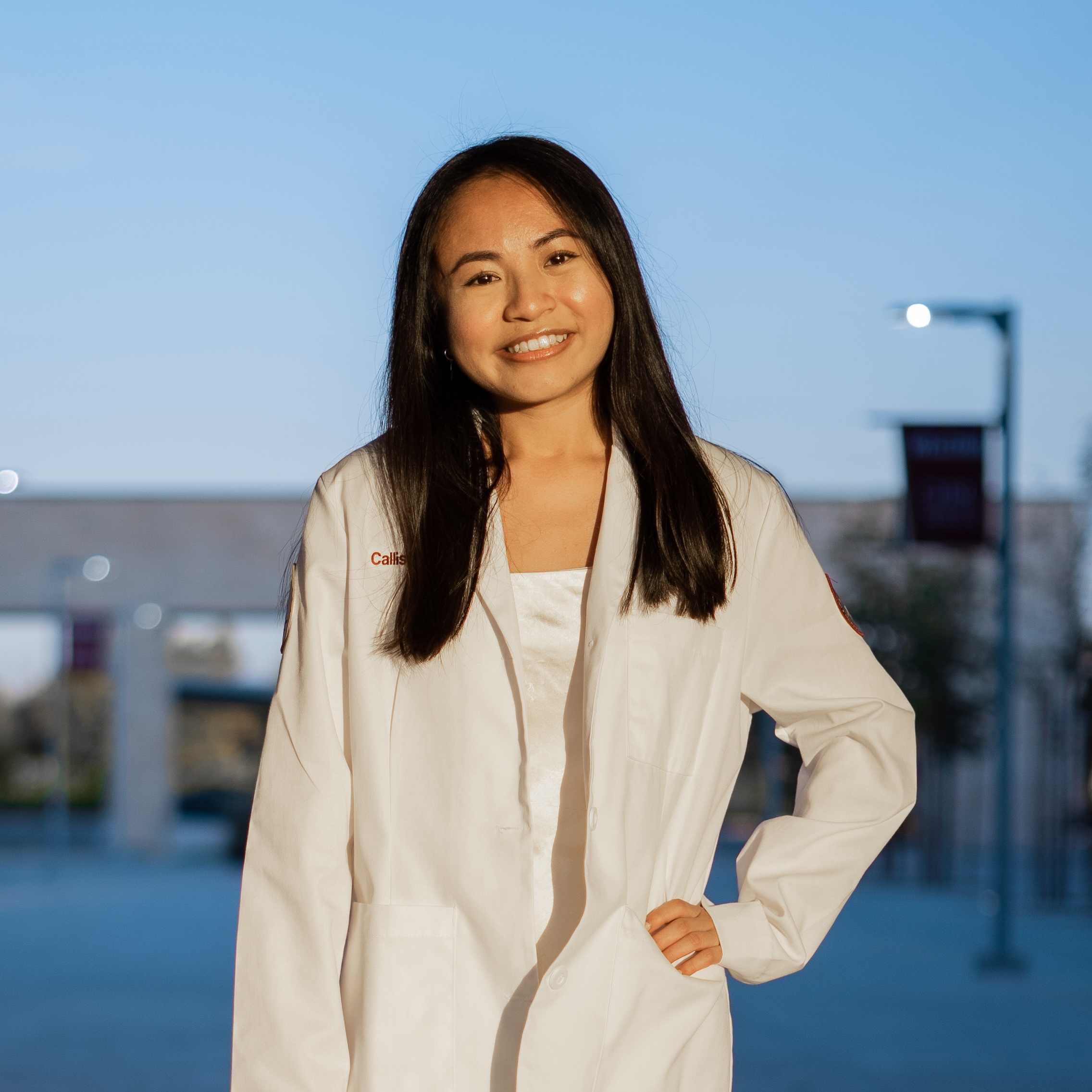
Network Director
Hi! My name is Callista and I am a medical student at California Health Sciences University – College of Osteopathic Medicine. I’m from Arcadia, California and went to UCLA for undergrad. Growing up in the San Gabriel Valley (if you know, you know) and attending a university with such a large Asian American community have kept me connected to my roots and inspired me to learn how a career in medicine can help communities similar to the ones I grew up in. Outside of school, I’m always reading on my emotional support Kindle, watching Lakers games, or finding new boba spots. A fun fact about me: my friends and I developed a boba-themed finance tracking app during a Hackathon and it ended up going viral on the subtle asian traits Facebook group and was featured on NextShark!
Andrew Leung, Social Media Co-Director
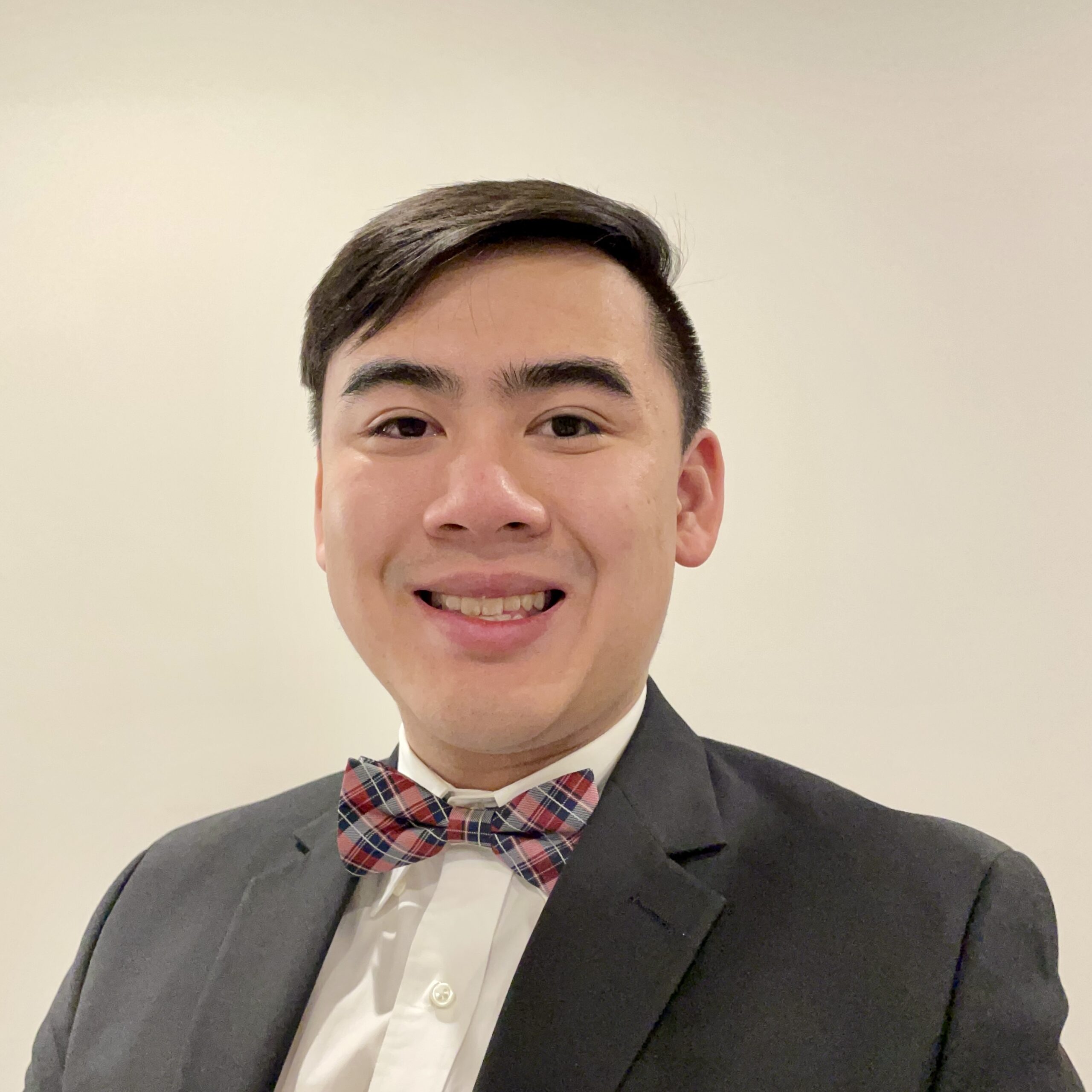
Network Director
Hey everyone! My name is Andrew Leung, and I am a third year medical student at Hackensack Meridian School of Medicine. I grew up in South Brunswick, New Jersey, and studied Biology at Washington University in St. Louis, so coming back to my home state for medical school was a great homecoming. Last year I had a blast as your Social Media co-director and am excited to make my return! Outside of school and rotations I like cooking different cuisines, watching movies and anime, playing the violin, connecting with friends on the new APAMSA Discord #NotAnAd, and listening to the White Coats & Rice podcast #AlsoNotAnAd. Anyways, I’m thrilled to once again be your Social Media Co-Director and hope you enjoy what’s to come this year!
Tiffany Liu, Network Director
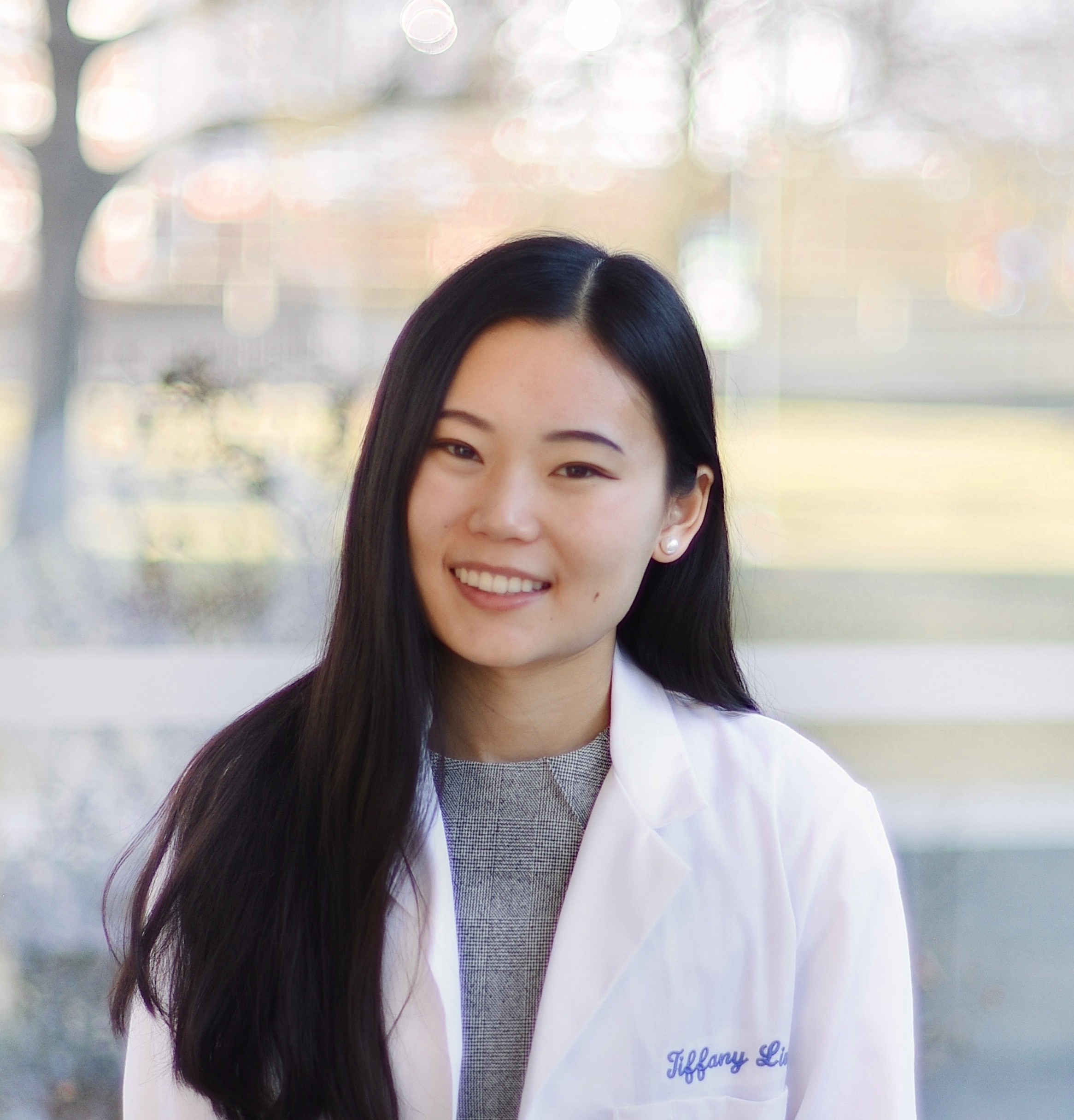
Network Director
Tiffany Liu is a fourth-year medical student at the Albert Einstein College of Medicine in the Bronx, New York. She grew up in central Florida, where she attended the University of Florida for her undergraduate studies in Biology and Chinese. She is passionate about advocating for the AANPHI community and became heavily involved in her school’s chapter of APAMSA during her first year of medical school. In her second year, she also began conducting a longitudinal research project on AANPHI medical students’ utilization of mental health resources, a study that she hopes to expand on a national level. In the future, she plans to pursue a career in internal medicine, potentially specializing in cardiology or gastroenterology. Beyond medical school, Tiffany has over 7 years of experience as a professional portrait photographer. In her free time, she enjoys dancing, painting, cooking, and gardening.
Xianzhen (Jen) Deng, Director of Organized Medicine
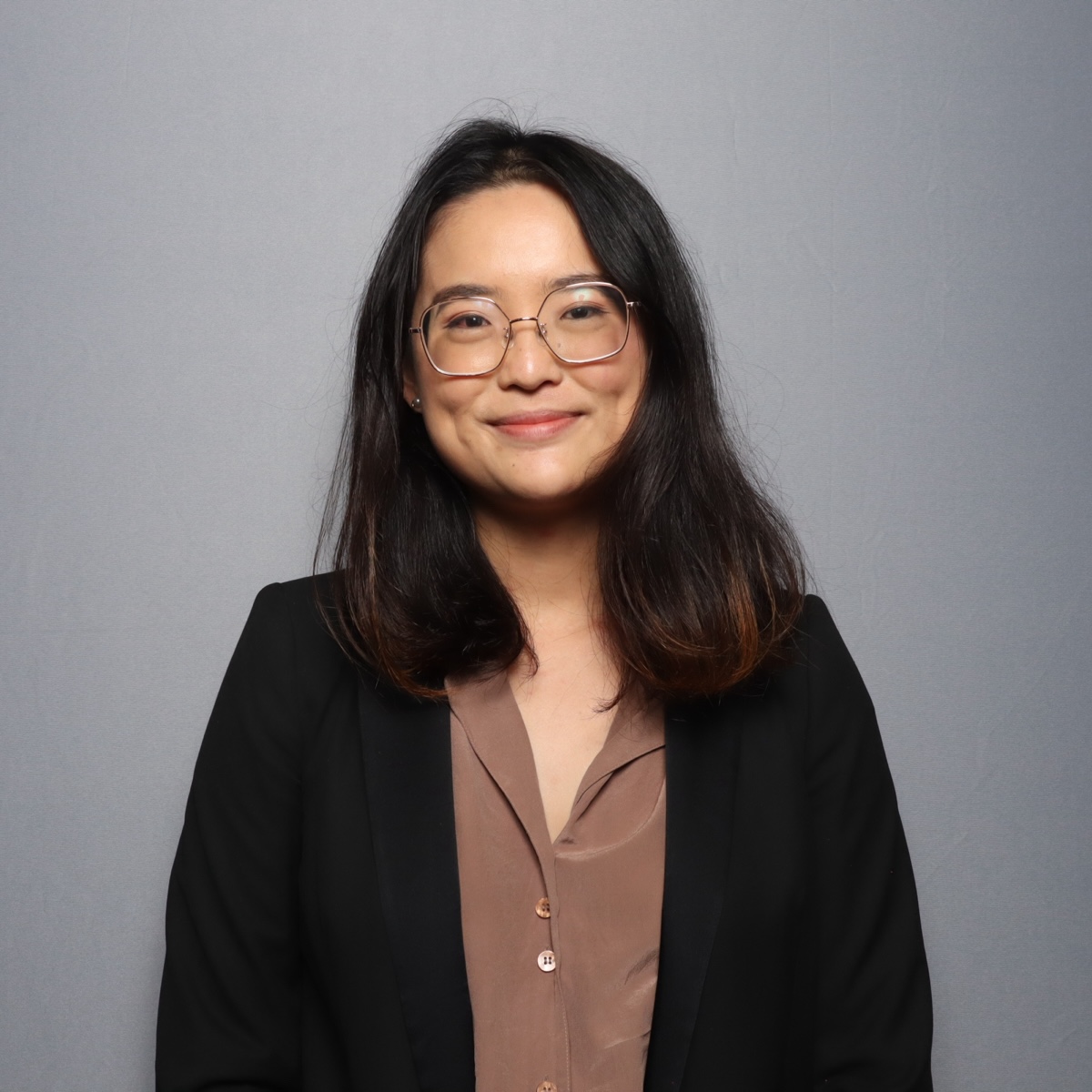
Network Director
Hi! I’m Xianzhen (Jen), and I’m so happy to be your Director of Organized Medicine for another year. I was born in Xi’an, China but grew up in California. I completed my bachelor’s degree in Asian studies and also received a masters in physiology before entering medical school. AANHPI issues have always been near and dear to my heart and my goal as a future physician is to help create more equitable and individualized care for my community. In my free time, I love to play video games (Genshin Impact!) and hang out with my Shih-Tzu, Anki.
Brian Leung, Rapid Response Director
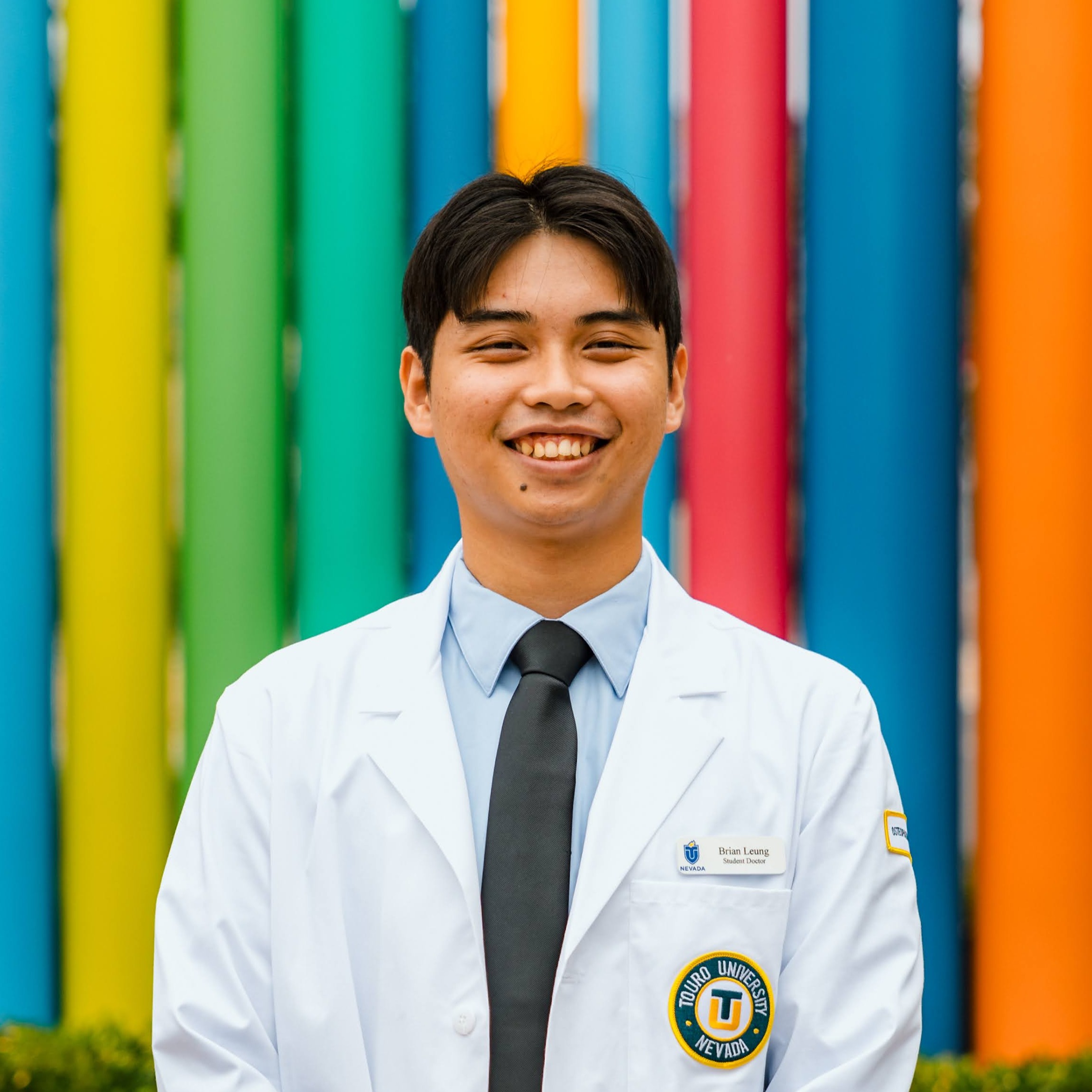
Network Director
Hello! My name is Brian Leung and I am a rising OMS-3 at Touro University Nevada College of Osteopathic Medicine. Growing up in the vibrant AANHPI community of San Jose, California inspired my commitment to community service. Prior to medical school, I graduated from Tufts University with a B.S. in Biology and Community Health. Eager to strengthen AANHPI connections and become involved in advocacy, I joined APAMSA and currently serve as Secretary in our local chapter. In my free time, I love to experiment with new cooking recipes, relaxing with Netflix and anime, and spending time with my dogs.
Karen Zhang, Medical Education Director
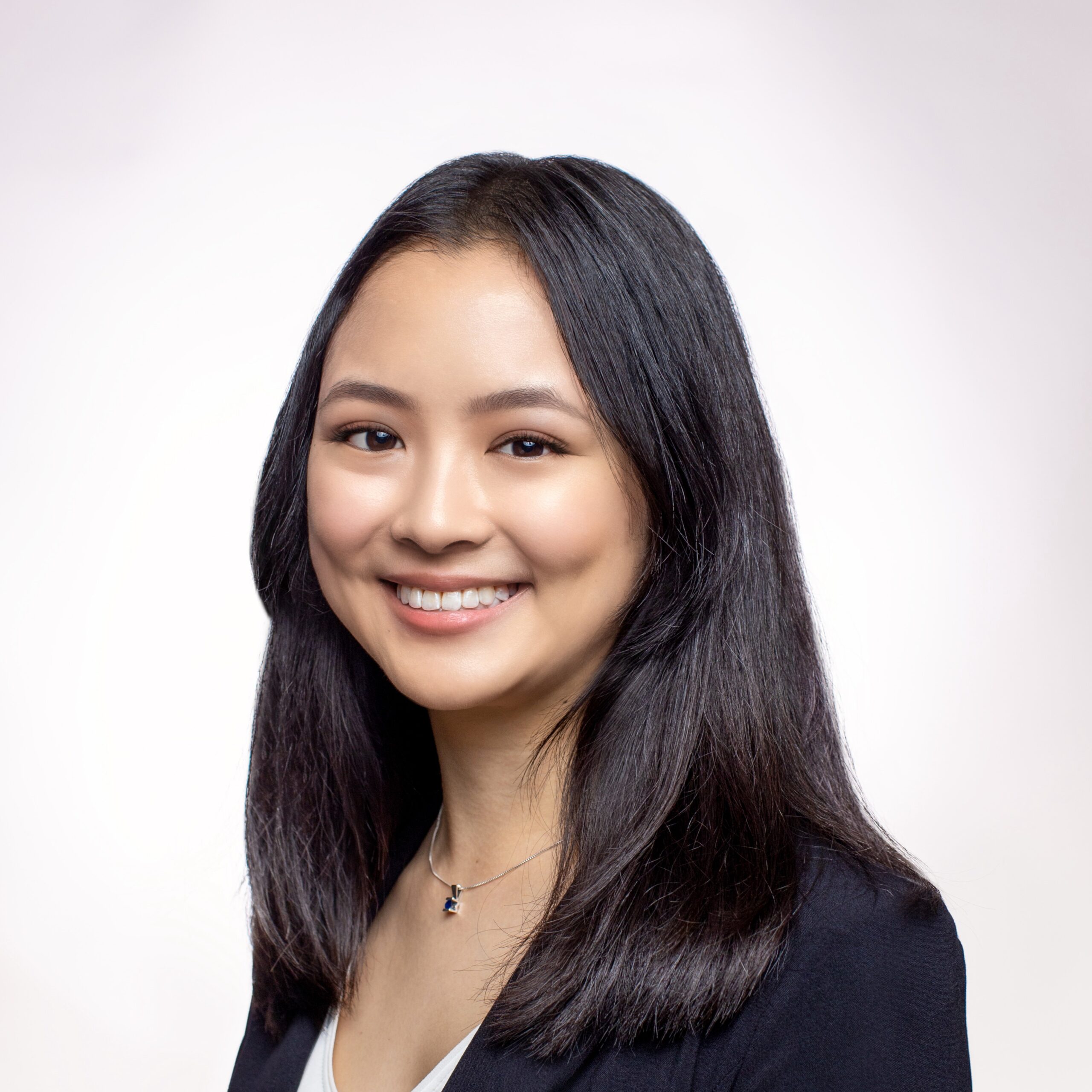
Network Director
Karen Zhang is currently a third-year medical student at McGovern Medical School in Houston TX. She completed her B.S. in Biochemistry at UT Austin. She was the co-president for her local chapter and is now the Medical Education Director. She is interested in urology, medical humanities, and education.
Sarah Kim, Health Policy Director
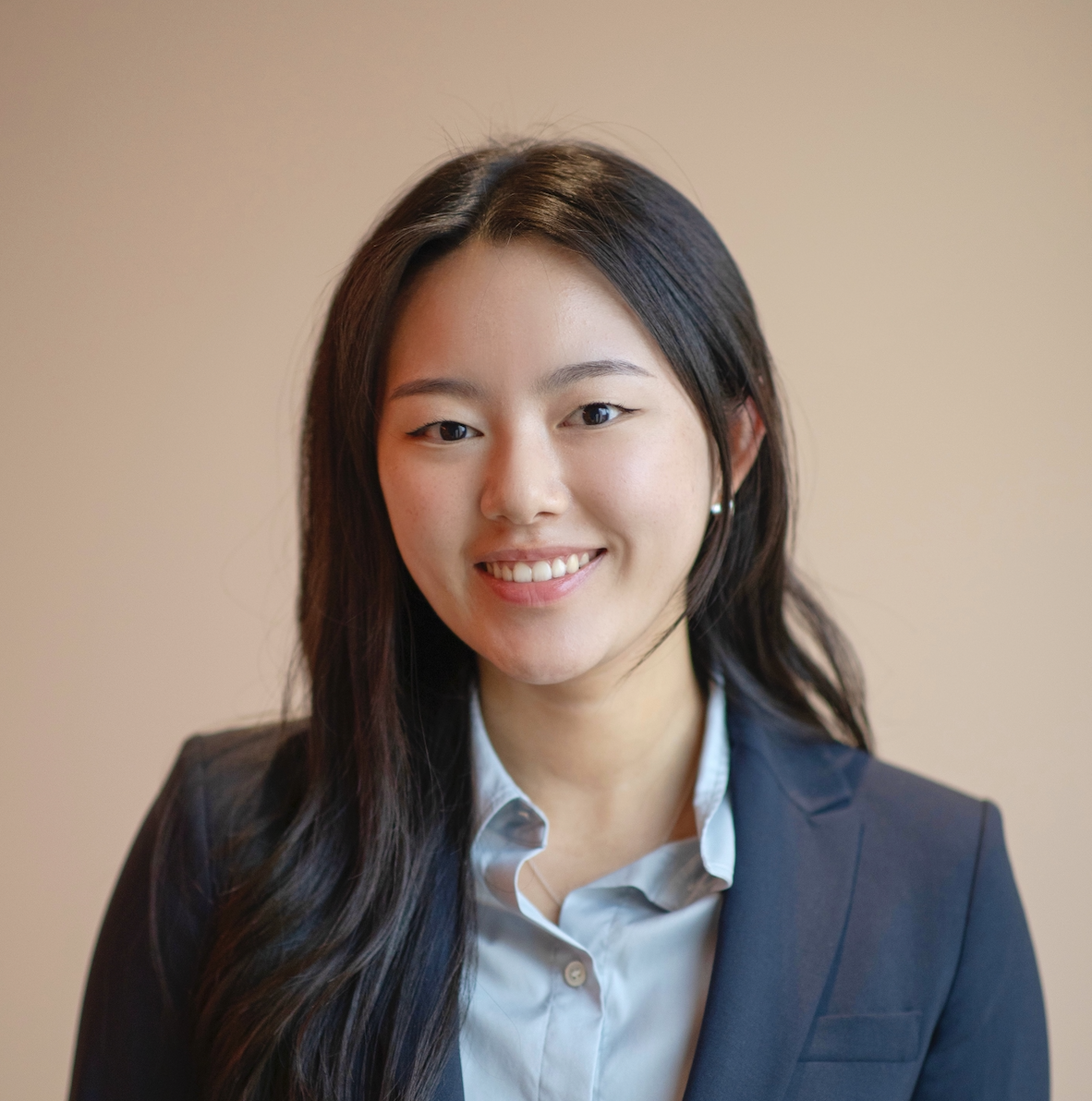
Network Director
Hi! My name is Sarah, and I am a first-year medical student at Case Western Reserve University School of Medicine with roots in Seoul, Korea, and Irvine, California. I’m so excited to return to this role for a second time to deepen our understanding of health policy and help our APAMSA community take collective action in health advocacy.
Previously, I served as Editor Director on the National Board (2022-2023) and was Co-President of the Stanford Pre-Med APAMSA Chapter. In my free time, you’ll find me at live music concerts, watching movies, or playing the violin!
Victoria Shi, Immediate Past President Advisor
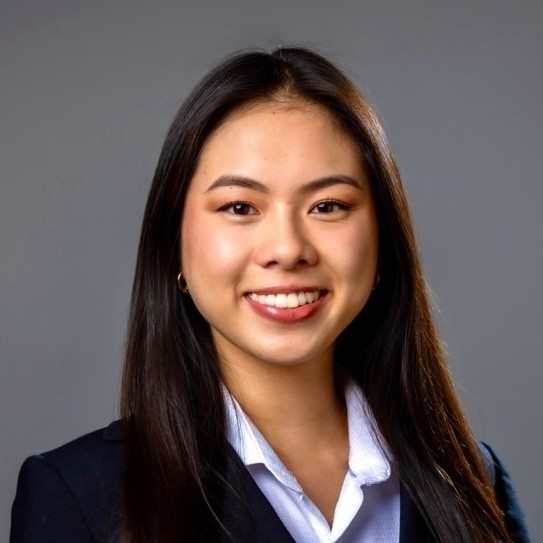
Network Director
Hi! My name is Victoria Shi and I am a graduating M4 at the University of Missouri-Kansas City School of Medicine. I completed a research year at Northwestern University in 2024. I am headed to Emory for my Transitional Year and Dermatology residency training.
I grew up in Pennsylvania before moving to the suburbs of New Jersey, and my hometown was not very diverse. Seeking a stronger AANHPI community, I first joined APAMSA in 2018. Both my local and national APAMSA families have given me such a strong sense of community. Throughout the years, I have served as National President, Strategy Vice President, Alumni co-Director, Region VI Director, as well as local chapter president. Being able to uplift and support the AANHPI community has been one of the greatest joys of my medical school career! I am excited to continue mentorship, medical education, and advocacy work as an APAMSA alumnus.
In my free time, I enjoy exploring restaurants and coffeeshops in new cities, cooking/baking, and nature walks!
Stephen Lin, Membership Co-VP
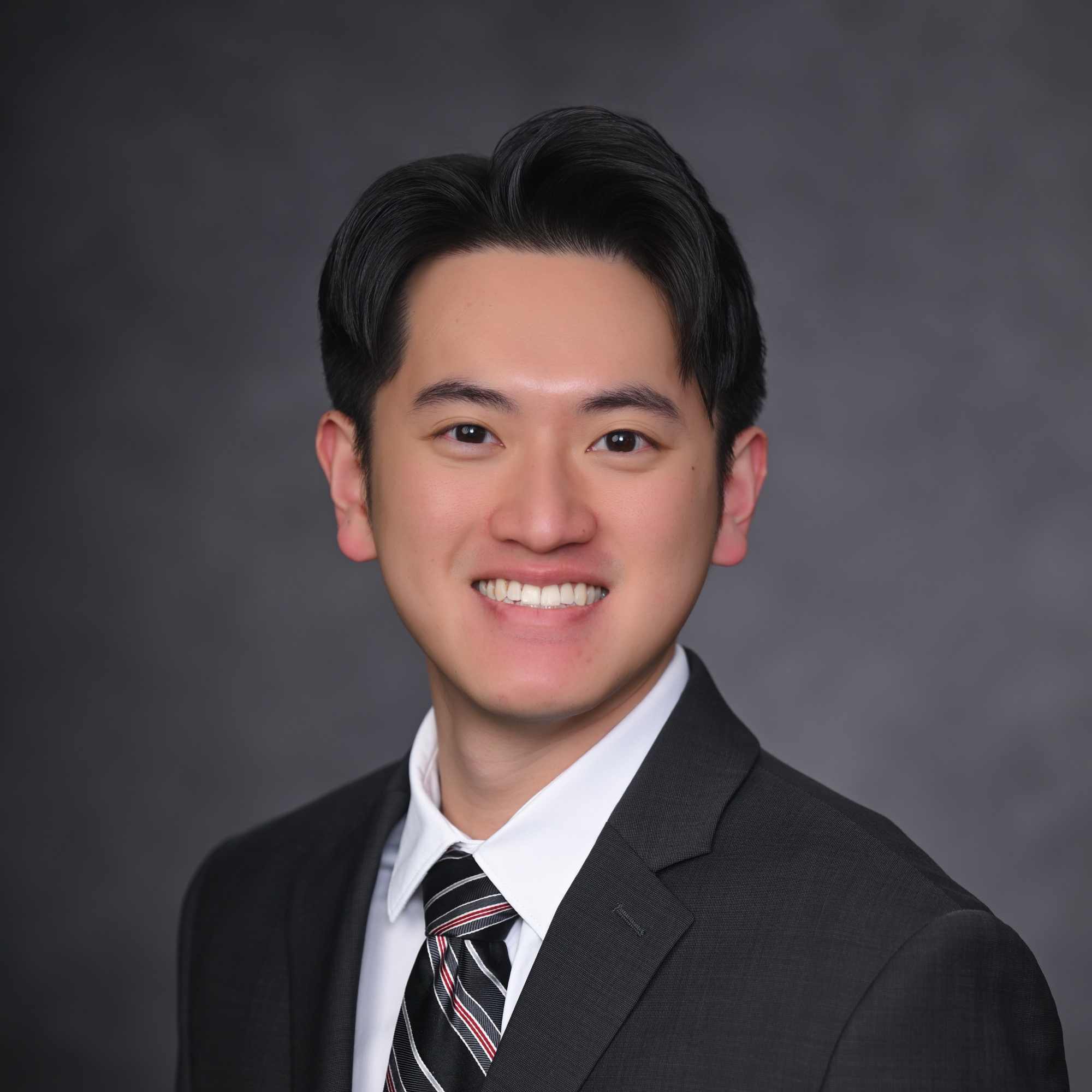
Network Director
Hi everyone! My name is Stephen Lin, and I am a medical student at the University of New England College of Osteopathic Medicine (UNE COM). I was born in NYC but grew up in Wisconsin, where I completed my undergraduate studies at St. Norbert College and earned a B.S. in Biology.
Growing up in a non-diverse community and witnessing my family navigate the complexities of the healthcare system with a language barrier inspired me to seek out a supportive community. I found that in APAMSA during my first year of medical school, where I was able to embrace my identity and celebrate my culture. These experiences motivated me to become more involved with National APAMSA, where I served as the Region 1 Director last year.
Outside of studying, I enjoy playing volleyball, playing board games, trying new recipes, making music, and spending time with my family/friends. Last but not least, I love spending time with my cat, Martin (@martin_the_sheriff). I am very excited to serve as one of your Membership Vice Presidents this year!
Philip Nguyen-Powanda, Membership Co-VP
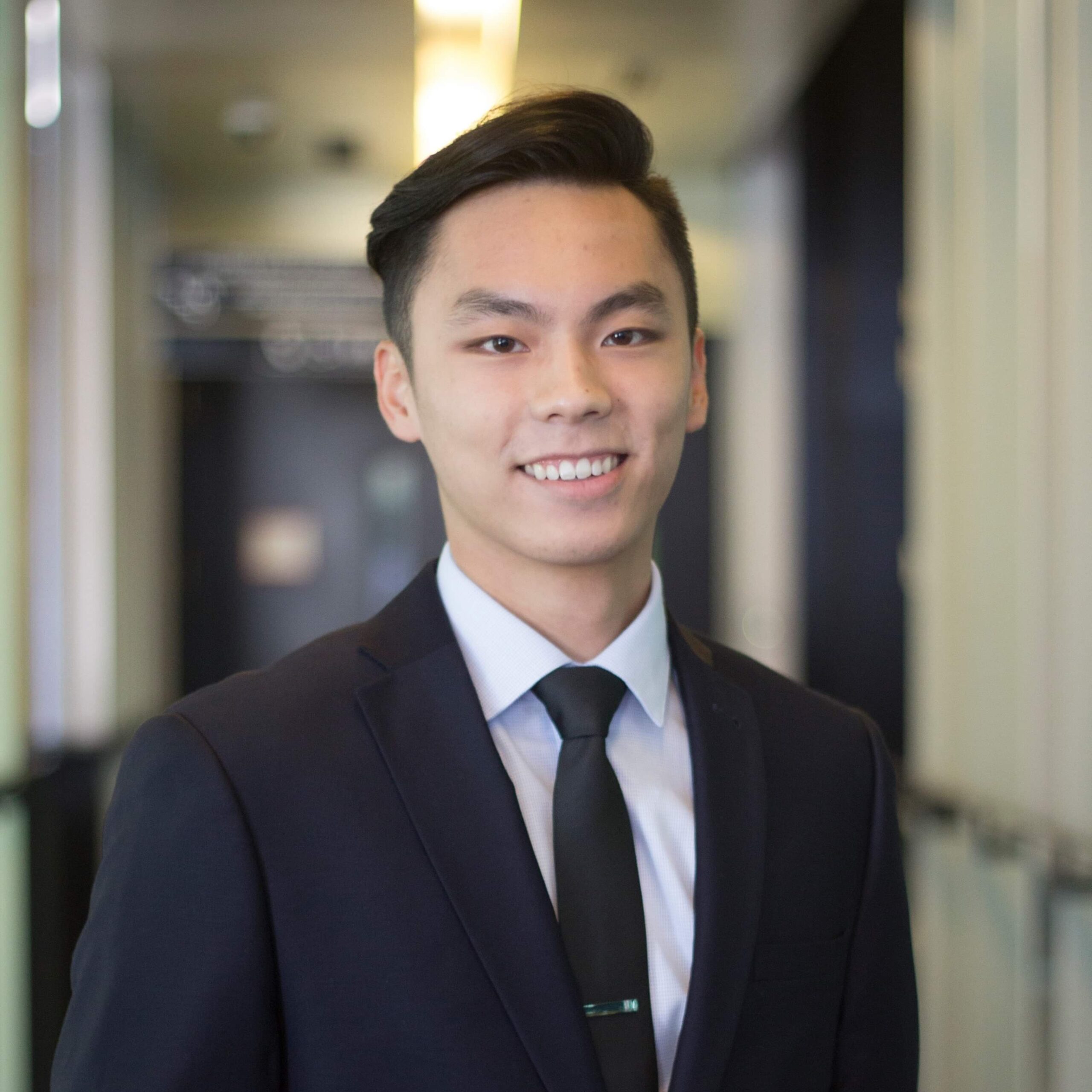
Network Director
Hi everyone! I’m Phil, an M4 at the University of Arizona College of Medicine – Phoenix. I was born and raised in Montreal, where I also attended McGill University for my undergraduate and graduate schooling; however, I now call the Sonoran Deserts home. I am super excited to be serving as your one of Membership Vice President’s this year! Joining APAMSA has allowed me to connect with the many cultures that fall within the AANHPI community. Although we live in uncertain times, I hope to bring us closer than ever before, with more access inter-region and inter-chapter events, access to a new membership portal, and bigger regional conferences! Outside of medicine, I am a (reformed) golf addict and a huge enjoyer of sleep, so in my free time you can probably find me taking a nap on the golf course.